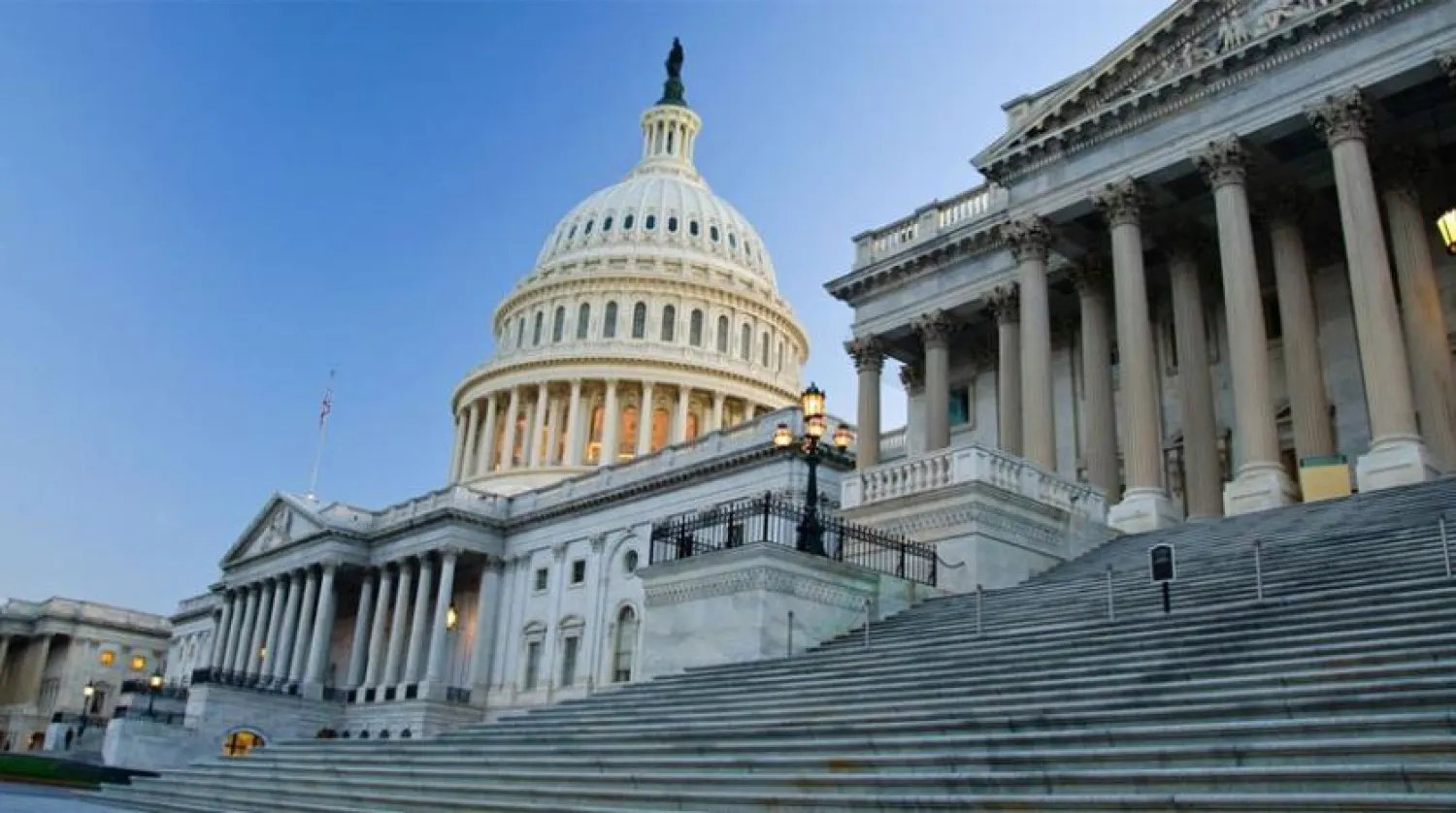Regional and international parties are putting pressure on Palestinian President Mahmoud Abbas to agree to participate in the two-day economic workshop hosted by Bahrain on June 25-26, Palestinian sources told Asharq Al-Awsat.
These parties say the workshop won’t include decisive matters in regards to political issues.
“The pressure exerted focus on the fact that the workshop aims at helping the Palestinian economy and won’t tackle any political matter or resolve it,” sources noted.
Mediators gave the Palestinian leadership the freedom to choose the participants and take into account any remarks about the workshop program.
Palestinian and Israeli media confirmed that these pressured are in fact exerted in order to avoid embarrassing the United States and other countries since Palestinians have indeed boycotted the workshop.
However, the Palestinian position has not changed and still refuses to attend the workshop “being part of the US Deal of the Century.”
Palestinians suggest that the economic solution should be the result of that political solution and not the opposite, adding that their country is not for sale.
PLO Secretary-General Saeb Erekat said the principle of land in exchange for peace has been transformed into prosperity in exchange for peace, as called for in the Manama workshop invitation.
“Does this mean the end of the Arab peace initiative?” He asked, wondering if this has anything to do with what Israeli Prime Minister Benjamin Netanyahu said about Judea and Samaria being his legacy from his predecessors.
“Whoever wants peace should begin by ending the occupation,” Erekat added.
The Palestinian National Council stressed that the Palestinian people need international conferences to eliminate occupation with all its consequences from the territory of the Palestinian state with its capital, Jerusalem, and in accordance with the relevant resolutions of international legitimacy.
The Council also warned of being deceived by Trump administration’s invitation to hold an economic workshop to support peace and prosperity as they are false and deceptive allegations.
It affirmed in a statement that these conferences and invitations are the real reason behind legitimizing the US aggression, which has begun against Palestinian rights since December 2017 by recognizing Jerusalem as the capital of the occupying state and moving the embassy there.









